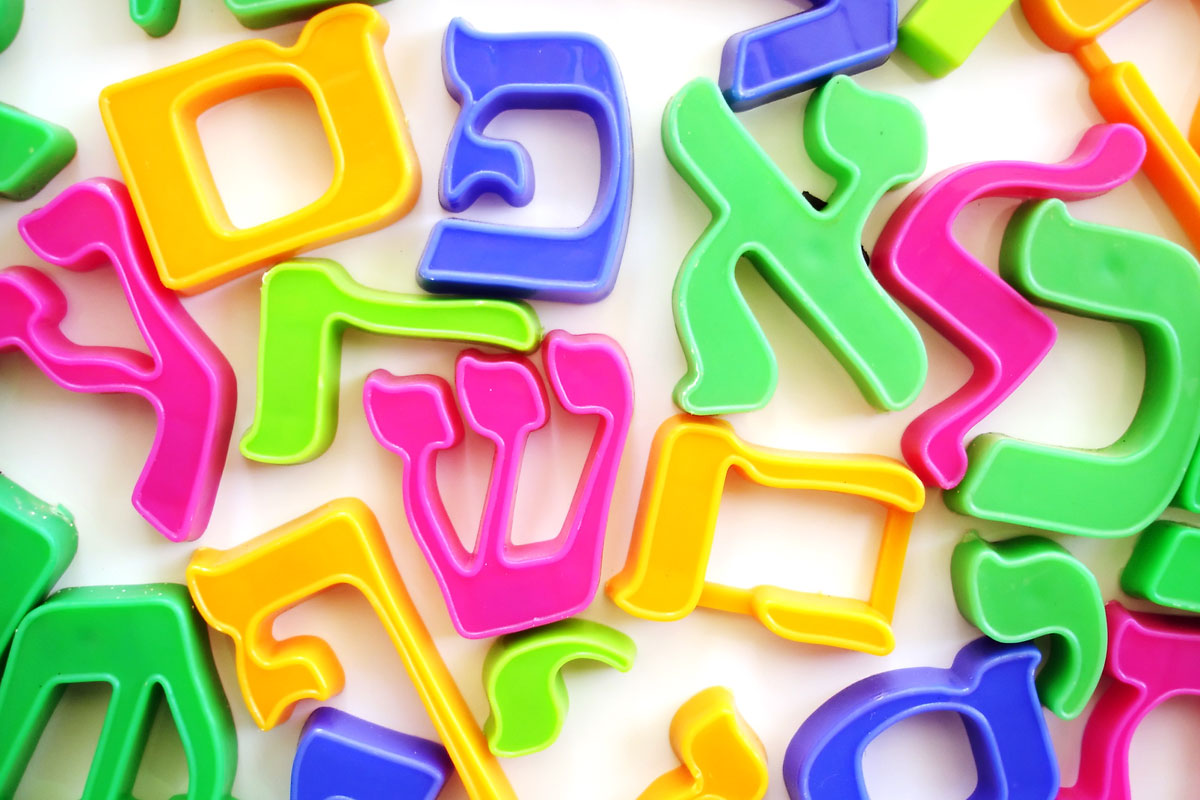Learning Hebrew as a beginner can be daunting. The language is complex, differing from English in many ways – such as reading right-to-left, different verb tenses, and unique sounds. If you're having trouble mastering this complex language, don't despair – help is at hand!
Fortunately, there are numerous resources and tools that can assist you on your journey towards fluency in Hebrew. Whether you want a deeper insight into the Bible or simply want to gain an insight into Israeli culture, it is essential to start from a strong foundation.
How can I improve my Hebrew reading?
Reading Hebrew can be difficult for English-speakers, especially when it comes to right-to-left texts and different verb forms. But with some practice and patience, you'll soon become fluent in this ancient language.
One of the best ways to improve your Hebrew reading is to read daily. This will not only increase your vocabulary but also give you a deeper comprehension of how sentences are constructed in the language.
It is essential to emphasize accuracy and fluency when reading Hebrew words. Make sure each Hebrew word is pronouced correctly, then read it smoothly and effortlessly.
You can practice your pronunciation by listening to native speakers speak or authentic speeches in Hebrew. Additionally, movies and TV shows that feature practical conversations between people speaking the language will help you improve it further.
Another effective way to enhance your Hebrew reading is to practice translating texts from Hebrew into English. Utilizing a tool such as Google Translate will verify that your translation makes sense and is accurate.
Keep a Hebrew notebook to record the words you learn, their definitions and how they are used in English. That way, you can refer back to your notes whenever it helps you recall them quickly.
Is reading Hebrew easy?
English-speakers who begin learning Hebrew may experience a paradigm shift. Hebrew reads right to left and has different verb forms than English, creating an entirely new linguistic environment.
However, there are ways to make it simpler to learn Hebrew. The key is finding a language learning method that fits your individual needs and style.
One of the quickest and most efficient methods for learning Hebrew is through a flashcard app like Memrise. These flashcards utilize spaced repetition to teach vocabulary, grammar, and pronunciation.
Another way to begin learning Hebrew is by reading familiar texts. Start by exploring the Bible and other children's Hebrew books for beginners.
Once you've read some of these, move on to longer texts. Additionally, Hebrew radio and TV shows as well as movies with Hebrew subtitles can be listened to for some inspiration.
If you have a passion for the written word, you'll remain motivated to keep reading and honing your skills. Whatever first sparked your interest in learning Hebrew, hold it close to your heart.
What is the easiest way to learn Hebrew?
If you want to learn Hebrew but lack the time or funds for a language school, there are still plenty of ways to begin. Reading easy Hebrew texts or listening to music in the language are both excellent methods for picking up sounds and vocabulary associated with this ancient tongue.
Watching Hebrew movies or TV shows with subtitles is an excellent way to practice speaking and listening. It will also improve your vocabulary, phonics, and grammar abilities.
It's also an invaluable chance to pick up new phrases, which is especially beneficial for beginners. Doing this will give you the courage to converse in the language even if only for a few minutes at a time.
Alternately, you could try reading a Bible or prayer book in Hebrew. Doing so will provide an introduction to the language and prepare you for more advanced study.
You can also join a social group or community of Hebrew learners. These settings offer the ideal atmosphere to learn the language according to your learning style and schedule.
If you don't have the time or funds for traditional classes, consider doing a language exchange with a native speaker. This is an excellent way to hone your speaking skills and connect with people who share your enthusiasm for learning the language.
for more info : easy hebrew reading practice
